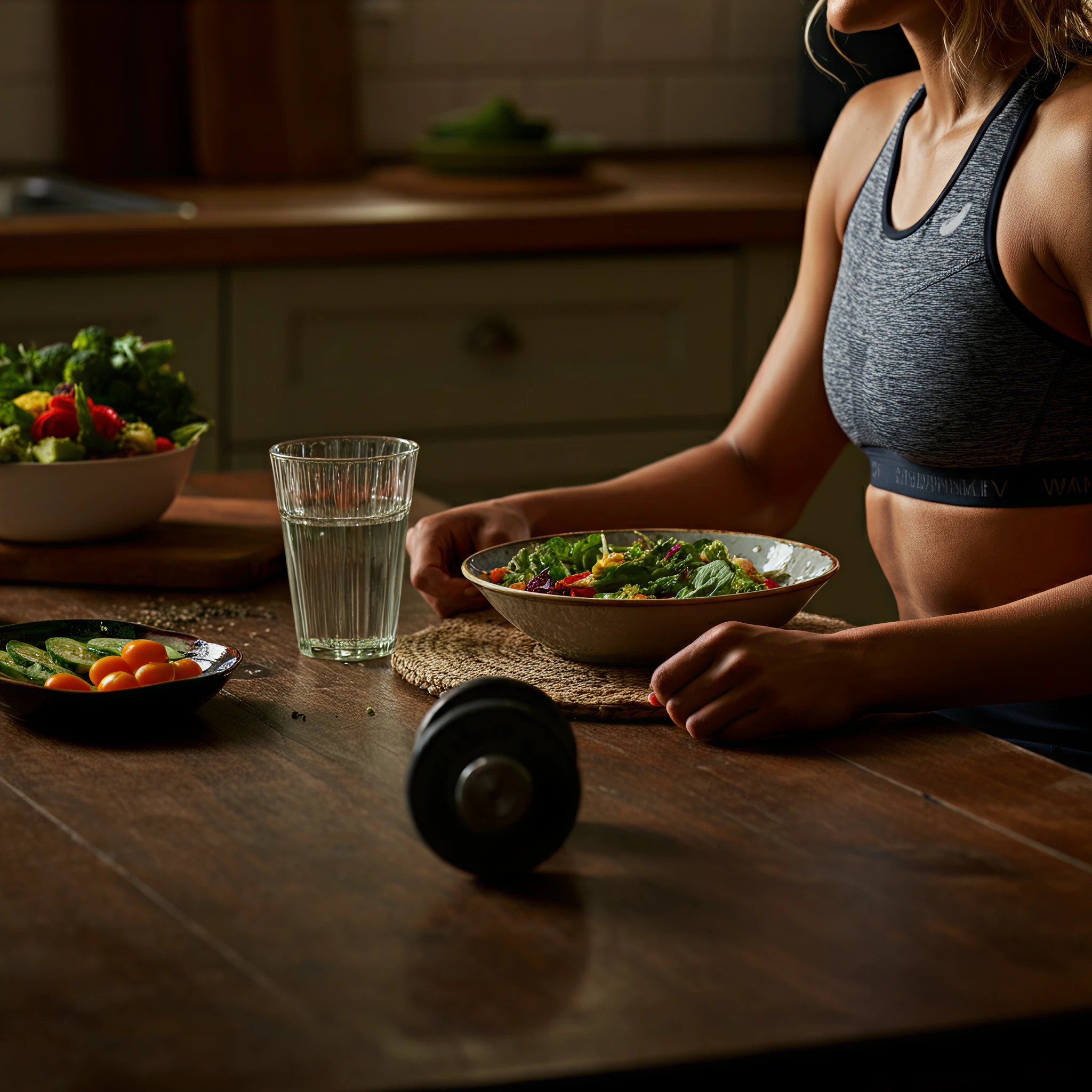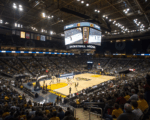When it comes to post-workout nutrition, you’ve likely heard conflicting advice. Some say you need to eat soon after exercising, while others suggest skipping the meal to lose weight faster. To help you make sense of it, we’re here to break it all down.
Whether you’re a seasoned fitness enthusiast, a gym-goer, or a beginner, understanding the role of post-workout nutrition can be key to reaching your health and fitness goals.
Why Post-Workout Nutrition Matters
One of the most important things to know is that your body undergoes stress during exercise. Your muscles work hard, and your energy stores (like glycogen) deplete. Eating after your workout helps your body:
- Replenish energy by restoring glycogen levels.
- Repair muscle damage to promote recovery.
- Grow stronger muscles by providing the necessary nutrients for protein synthesis.
Skipping this crucial recovery step can leave you feeling fatigued, sore, and unable to perform at your best during your next workout.
When Should You Eat After Exercising?
Timing matters. Experts suggest consuming a healthy snack or meal within 30 to 45 minutes of finishing your workout. This window is when your body is most efficient at absorbing nutrients and kickstarting the recovery process. While some might think of delaying eating to “burn more fat,” this strategy could actually hinder your long-term progress by impairing performance and muscle repair.
What Should You Eat After a Workout?
The ideal post-workout meal should include a mix of:
- Protein: Helps repair and build muscles. Aim for around 20 grams of protein post-exercise. Options include a cup of Greek yogurt, a protein shake, or 3 ounces of lean chicken or fish.
- Carbohydrates: Restores glycogen stores. Include foods like fruits, oatmeal, or whole-grain bread.
- Hydration: Replace fluids lost through sweat. Water works fine, but you may need electrolytes if you’ve had a particularly intense workout or sweated a lot.
Quick Post-Workout Snack Ideas:
- A banana with peanut butter.
- A smoothie made with whey protein, almond milk, and berries.
- A hard-boiled egg with a handful of whole-grain crackers.
Is Eating After Every Workout Necessary?
Not all workouts demand an elaborate refueling strategy. If you’ve gone for a light walk or completed 20 minutes of low-intensity exercise, you might not need a full post-workout meal. However, if your session was high-intensity or lasted longer than 45 minutes, eating something afterward will help your body recover effectively.
The Relationship Between Eating and Weight Loss
For those aiming to lose weight, refueling may be just as important. Ignoring post-workout nutrition could lead to lower energy levels, fatigue, or even muscle loss, which would slow down your metabolism. Instead of skipping the post-workout meal, focus on achieving a controlled calorie deficit throughout the day to shed pounds sustainably.
Listening to Your Body
Pay attention to your body’s hunger and energy signals after working out. If you feel drained, sore, or excessively tired after exercising, your body might be signaling it needs better nourishment.
Call to Action
Want optimal guidance for your fitness and nutrition goals? Bookmark this article and bring it into your fitness discussions, or consult a nutritionist for personalized advice. A well-planned post-workout nutrition strategy can make all the difference in your recovery and results.
Key Takeaway:
Yes, you do need to eat after working out if you’re engaging in moderate to intense exercise. By refueling with the right nutrients in that critical recovery window, you’ll feel better, recover faster, and make significant progress in your fitness goals.








